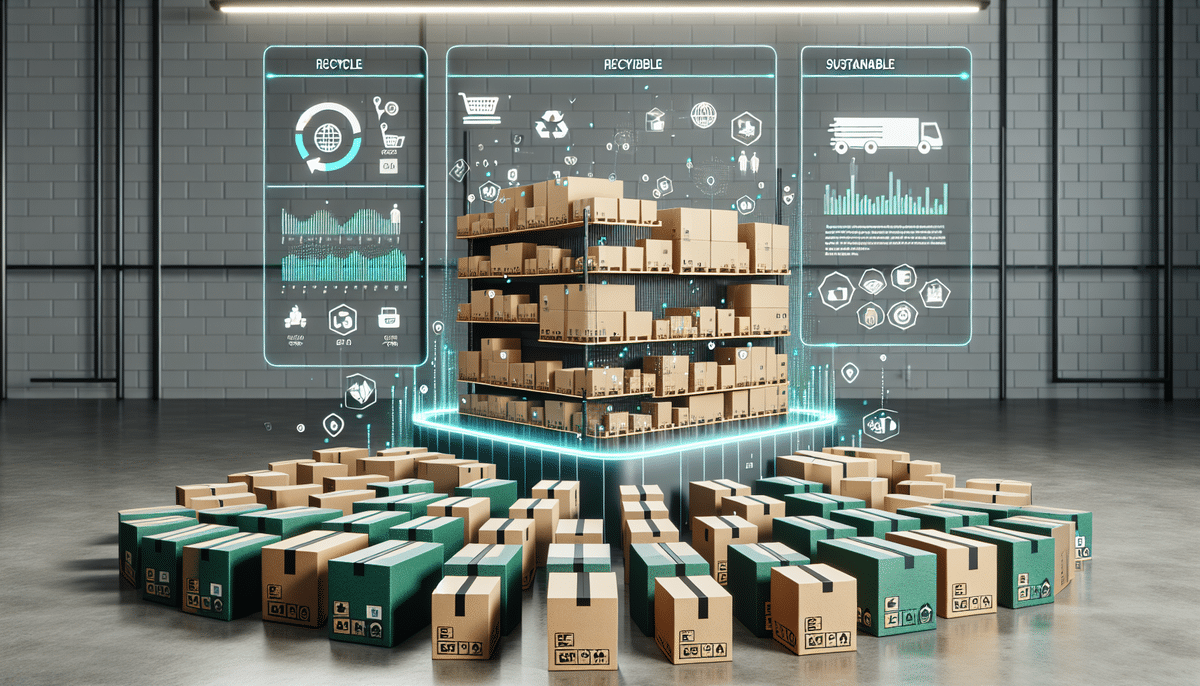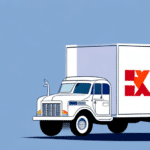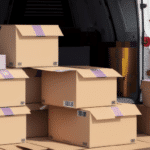Importance of Carton Selection in E-Commerce Logistics
E-commerce logistics is a multifaceted process encompassing product handling, transit, and final delivery. Selecting the right cartons is crucial for optimizing the supply chain, ensuring efficiency, and meeting customer expectations. Proper carton selection can lead to cost savings, reduced environmental impact, and enhanced customer satisfaction.
Carton Size Impact
Choosing the appropriate carton size is vital in determining the space a product occupies during transit and delivery. Inappropriate sizes can result in inefficiencies such as increased shipping costs from bulky parcels or damages caused by under-packed or oversized cartons. According to a 2023 industry report, optimizing carton sizes can reduce packaging costs by up to 20%. Additionally, the right carton size minimizes the use of packaging materials, thereby reducing waste and environmental impact.
Cost-Effective Shipping
Selecting the right carton size significantly reduces shipping costs and enhances overall logistics operations. Oversized boxes waste space and incur higher shipping fees, while small boxes can lead to damaged goods and increased replacement costs. Investing in customized packaging solutions that determine the optimal size for each product can lead to substantial cost savings and streamline logistical processes.
Minimizing Damages During Transit
Proper carton selection ensures that products are well-protected during transit, reducing the likelihood of damages. Retailers can invest in packaging materials that offer adequate protection against impact and other environmental factors, such as cushioning materials or external shock absorption layers. Minimizing damages not only saves costs associated with replacements but also enhances customer satisfaction.
Sustainable Packaging Solutions
As consumer awareness of environmental issues grows, sustainable packaging has become a priority for many online retailers. Implementing eco-friendly packaging solutions not only reduces the environmental footprint but also appeals to environmentally conscious consumers.
Eco-Friendly Materials
Using biodegradable or recycled materials in carton production significantly reduces waste and the carbon footprint of shipping operations. Sustainable packaging options, such as biodegradable cartons, are gaining popularity for their minimal environmental impact.
Circular Economy Approach
Adopting a circular economy approach involves designing packaging that can be reused, recycled, or repurposed. This strategy reduces reliance on virgin materials and minimizes waste generation. Implementing such practices can lead to cost savings and increased efficiency in the supply chain.
Customized and Standardized Carton Designs
Balancing customization with standardization in carton designs can optimize both operational efficiency and customer experience.
Customized Cartons for Streamlined Shipping
Customized cartons tailored to specific product dimensions reduce wasted space and material usage. Incorporating features like RFID tags and barcodes can enhance tracking and streamline the shipping process. Additionally, branded packaging enhances brand recognition and improves the unboxing experience for customers.
Standardized Carton Sizes for Efficiency
Employing standardized carton sizes allows for easier inventory management and reduces storage space requirements. Standard sizes facilitate quicker packing and shipping processes, leading to reduced operational costs and improved delivery times.
Best Practices and Innovations in Carton Usage
Implementing best practices and embracing innovations in carton design can further enhance e-commerce logistics.
Labeling and Marking Cartons
Accurate labeling is essential for efficient logistics. Investing in automated labeling systems can improve accuracy and reduce packing time. Incorporating recycling symbols and instructions promotes sustainability and encourages customers to properly dispose of packaging.
Innovations in Carton Design
Advancements such as self-assembling cartons, tear-apart closures, and tamper-evident seals simplify the packing process and improve handling efficiency. Additionally, integrating technology like RFID tags allows for real-time tracking, enhancing supply chain visibility and reducing the risk of lost or stolen packages.
Impact on Customer Experience
The choice of packaging material and design significantly influences customer perception. Eco-friendly materials and appealing graphics contribute to a positive brand image, increasing repeat sales. A well-designed carton not only protects the product but also enhances the overall customer experience.
Strategies and Case Studies for Optimizing Supply Chain
Implementing effective strategies and learning from successful case studies can guide online retailers in optimizing their supply chain with the right carton choices.
Optimizing Supply Chain with Cartons
Investing in data-driven packaging processes and customized solutions ensures that carton sizes and materials align with product requirements. This optimization leads to cost savings, higher productivity, and operational agility.
Reducing Fulfillment Costs with Smart Carton Choices
Adopting smart strategies such as using the right carton sizes, standardized packaging, and automation technologies reduces fulfillment costs. These strategies improve order accuracy, speed up delivery times, and decrease operational expenses.
Case Studies of Successful Businesses
Several e-commerce businesses have successfully optimized their logistics by adopting innovative carton strategies. For instance, a leading fashion retailer increased conversion rates and customer retention by implementing customized packaging that reflected their brand aesthetic and emphasized sustainability. These case studies demonstrate the tangible benefits of strategic carton selection in enhancing operational efficiency and profitability.
Conclusion
Optimizing e-commerce logistics with the right carton choices is essential for cost-effective operations, sustainability, and customer satisfaction. By focusing on carton size, material sustainability, customized and standardized designs, and embracing innovations, online retailers can streamline their supply chain and achieve long-term success.




















